One of the hallmarks of Donald Trump’s presidential campaign is his insistence that the United States made terrible trade deals with foreign countries, resulting in significant domestic job losses, and that he — or his fabulous friends (hello, Carl Icahn!) — would fix those deals and make better, indeed “great,” ones. Trump also opposes the Trans-Pacific Partnership (TPP) as written and maybe altogether.
As a reflexive free trader, when I first heard this, I dismissed it as so much campaign blather. Okay, we’ve lost jobs, but in the modern, increasingly high-tech world some will gain and others lose. Capitalism is about creative destruction. Trump of all people should know that — his real estate properties have often done well, his personally branded vodka not so much. And there’s the argument that outsourcing to low-wage countries keeps American prices down, so even welfare recipients can afford the new iPhone 5e, if they’re dissatisfied with their Obamaphone.
And yet, two factors lead me to think Trump has a point:
One, we’re horrible negotiators in general, not just the current abysmal administration, but all the way back to Clinton and Bush. This is particularly true in foreign affairs, an area many of us pay attention to, especially the nuclear deals with North Korea and Iran. Those negotiations involved our national security and the safety of the world and it’s hard to find anyone these days, other than John Kerry and he’s beginning to sound ambivalent, who thinks they were or are even remotely successful. They’re pretty close to farce. North Korea continues apace with its nuclear program and Iran is on its way to becoming, thanks to us, the richest terror state in history, a veritable Middle East hegemon, with nuclear arms only years away.
That being the case, since we can’t handle anything as crucial (and publicly discussed) as nuclear negotiations, is there any reason to believe we did a good or even decent job with the obscure intricacies of trade? These are agreements almost no one, other than those in some immediate industry usually with a direct corporate interest, even knows are being negotiated. I know I’m not alone in not reading the TPP deal, which is thirty chapters long and involves some 18,000 individual tariff negotiations. Which leads me to question two….
Who negotiates? For us, I would imagine, largely unsupervised government bureaucrats, some of whom may have business experience of some sort. Meanwhile, these trade deals are often negotiated on the other side by representatives of cultures very different from our own. Australia and New Zealand are part of TPP, but so are Mexico and Malaysia. Mexico’s history of monumental corruption was well known long before the world’s biggest drug dealer, El Chapo, built a mile-long tunnel and made his dramatic prison break, impossible without government help. Malaysian corruption merits its own Wikipedia entry. China, not part of TPP but our biggest trading partner after the EU and Canada, is an elaborate corrupt communist-corporate-cronyist mega-state that would make the Soviet nomenklatura blush. No one, certainly no one on the outside, has real knowledge of the details of China’s finances.
I’m not suggesting we stop trading because of this. That’s a recipe for global meltdown. But what this does mean is that when we do negotiate trade deals with countries like these we should keep in mind we are essentially negotiating with the Mafia. Virtually no firewall exists for them between business and government and they have little or no oversight, no Sarbanes-Oxley or Dodd-Frank in Beijing (we probably shouldn’t have them either). Many, perhaps most, of these countries are kleptocracies of various levels. Would you trust our government’s bureaucrats to do the negotiating with people like that or would you prefer experienced business professionals from the private sector?
Trump clearly wants to bring in that private sector, notably Icahn. Donald even finally mentioned a few other names at his New York victory party, but I missed them. I don’t know if this approach would work necessarily, but there’s something sensible in it and worth trying beneath all his often juvenile hodgepodge of insults.
It’s important to remember Trump is primarily a negotiator, as he tells us repeatedly. He doesn’t have many policies per se like the traditional politician, at least not yet; instead he has starting points for deal-making, negotiating positions. It’s what he has always done, how he undoubtedly buys property before putting up an apartment complex or hotel. This approach accounts for the seemingly extreme statements on Mexicans and Muslims that are, in a sense, positions meant to be pulled back to a compromise point even as the assertion is made. The same goes for his NATO proposals. Everything is up for negotiation and intended to be.
Trump’s technique of putting business negotiation first may seem unique to our politics, but it does have precedents of sorts in our history. Calvin Coolidge — revered by many conservatives — did say the “business of America is business,” which would make Trump a kind of a reality-show Coolidge. How this will play out, whether it will bring jobs home and make America even a little bit greater again, we will see in the days to come.
Roger L. Simon is an award-winning novelist, Academy Award-nominated screenwriter and co-founder of PJ Media. His next book – I Know Best: How Moral Narcissism Is Destroying Our Country, If It Hasn’t Already – will be published by Encounter Books in June 2016.

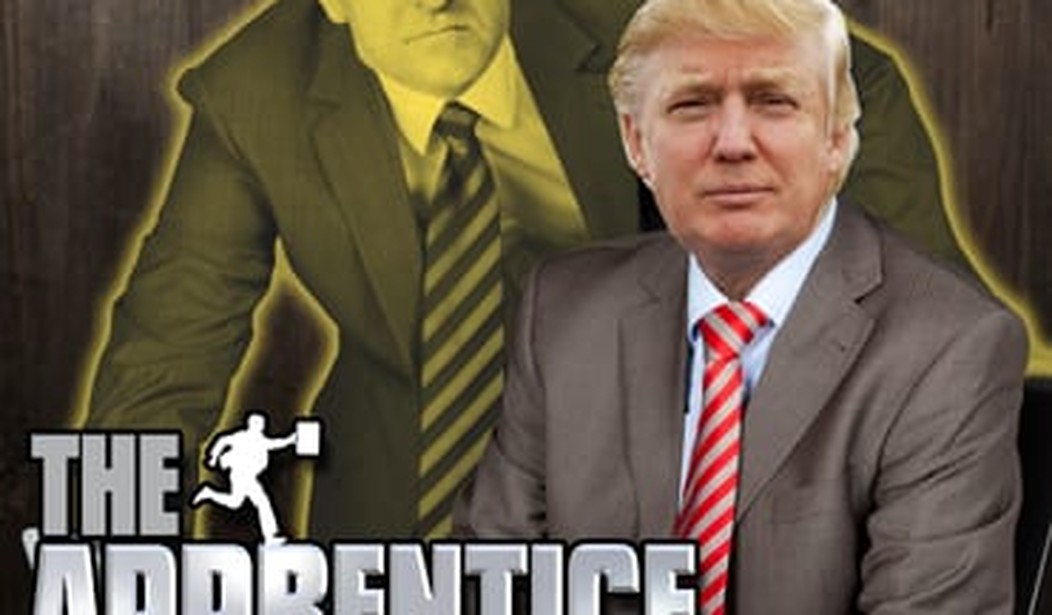
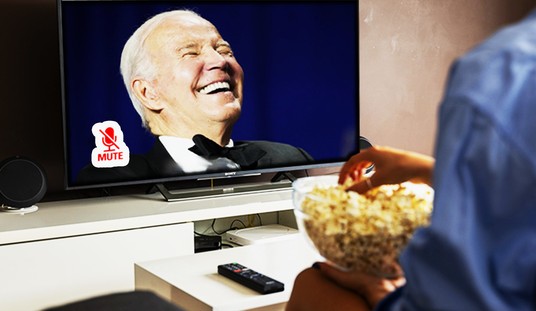
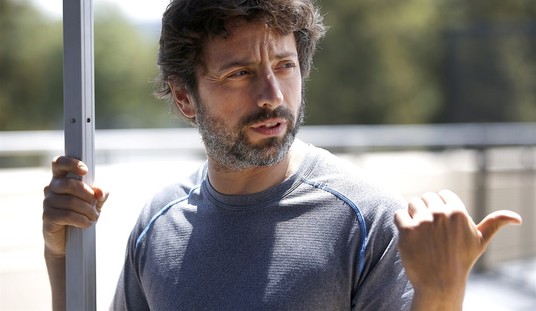
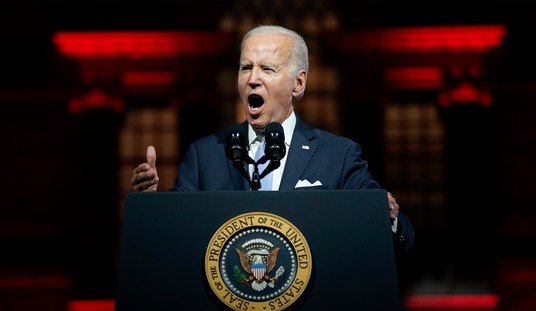
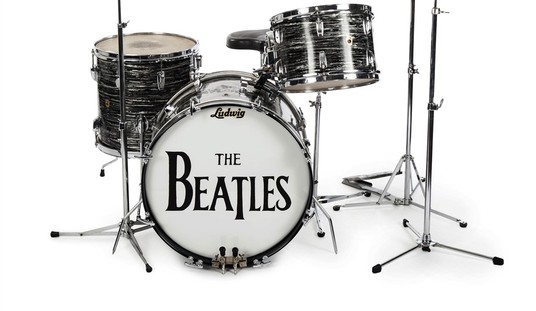

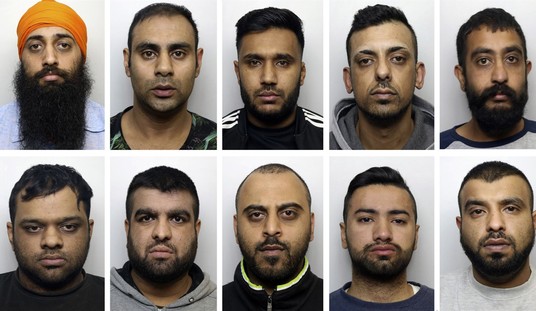
Join the conversation as a VIP Member